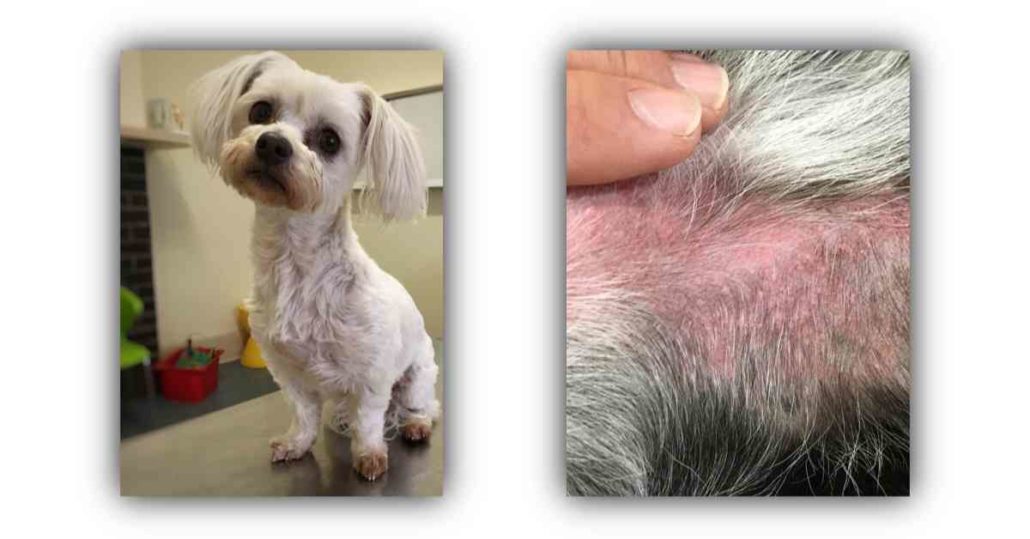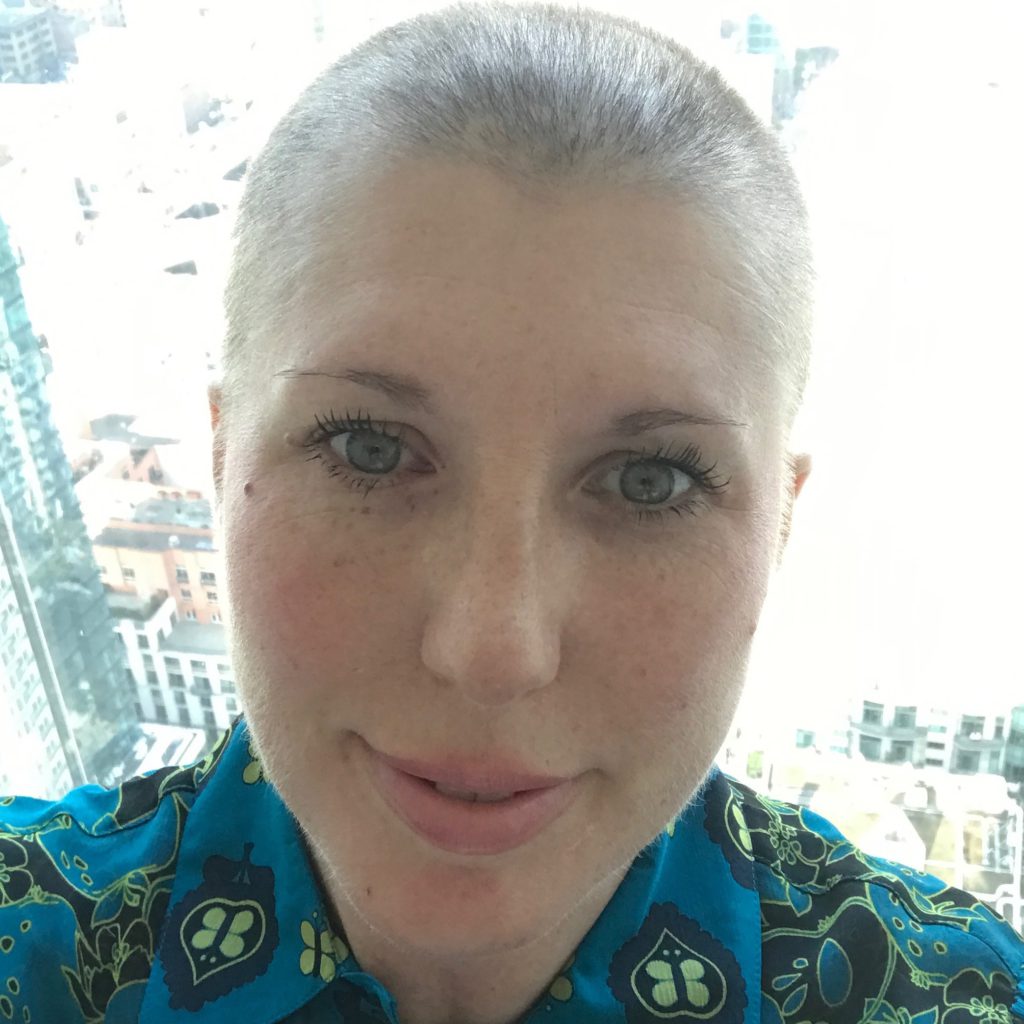In fact, one study found that almost 40% of women age 45 and older have an excess of facial hair growth, especially on the chin. So stop grieving your lost hair!
Can Hair Grow After Menopause, There are estrogen receptors on our hair follicles. The hairs themselves have always been there, but as a result of hormonal changes related to menopause, they are brought up to the.

Now i am about to enter menopause. Is hormonal hair loss reversible? This is because estrogen is responsible for hair growth, and hair follicle maintenance. Try a few key supplements.
“estrogen receptors are present in the hair follicles, which hints at its association with the withdrawal of estrogen at menopause that.
Vitamin c is the nutrient that just keeps on giving and is essential for maintaining healthy hair during menopause. Pubic hair and hair on the body doesn’t usually grow back after the menopause, this is due to levels of oestrogen and progesterone remaining low as we continue to age. There are estrogen receptors on our hair follicles. Biotin and viviscal, for example, come up again and again in perimenopausal hair loss research. In fact, one study found that almost 40% of women age 45 and older have an excess of facial hair growth, especially on the chin. Menopause is the phase when a woman�s ovaries stop performing their primary.
 Source: advancedhair.com.au
Source: advancedhair.com.au
On the contrary, there is a lot of easy and effective actions to take. 1) the hair on your head. As menopause starts to happen, our bodies produce less and less of these hormones, resulting in thinning hair and hair falling out. Biotin and viviscal, for example, come up again and again in perimenopausal hair loss research. According to another.
 Source: rejuvenatehairtransplant.com
Source: rejuvenatehairtransplant.com
This can result in thinning across your scalp and other areas such as your eyebrows. If hair loss during menopause is hormonal, it can be reversed. The link between menopause and thinning hair. Menopause is the phase when a woman�s ovaries stop performing their primary. If you keep your pubic and body hair after the menopause, it will likely turn.
 Source: girlshairtalk.com
Source: girlshairtalk.com
This is because estrogen is responsible for hair growth, and hair follicle maintenance. With menopause, estrogen levels from our ovaries decrease and testosterone is predominant. The hairs themselves have always been there, but as a result of hormonal changes related to menopause, they are brought up to the. Hair loss during menopause is the result of lowered production of oestrogen.
 Source: lybrate.com
Source: lybrate.com
Physiological changes in scalp, facial and body hair after the menopause. In fact, one study found that almost 40% of women age 45 and older have an excess of facial hair growth, especially on the chin. Throughout your life, your body’s estrogen—also known as “the female hormone”—plays a role in how your hair looks and feels, helping your hair grow.
 Source: jessicafcn38581.blogspot.com
Source: jessicafcn38581.blogspot.com
According to another study, it is very likely you will experience unwanted facial hair after menopause. About 30 percent of women report unwanted hair on the face. This can result in thinning across your scalp and other areas such as your eyebrows. One of the best ways to prevent androgen excess is by eating a balanced diet rich in quality.
 Source: mymenopausestore.com
Source: mymenopausestore.com
Physiological changes in scalp, facial and body hair after the menopause. If you’re wondering what vitamins are good for hair loss during menopause, there are a few key nutrients you need. Does your hair still grow after menopause? Estrogen probably prolongs the growth phase of hair. Try a few key supplements.
 Source: hormonesandwellness.com
Source: hormonesandwellness.com
Knowing how your hair has responded to previous hormonal changes can always give you a good idea of. Menopause can cause the hair on your head to start thinning and the hair on your upper lip or chin to get thicker. In some cases, however, these hormones can cause more hair to grow on the face. Losing it menopause and.
 Source: slideshare.net
Source: slideshare.net
Estrogen probably prolongs the growth phase of hair. Since progesterone is a precursor to testosterone, it can help inhibit dht (that tricky little devil that causes the follicles to shrink) and stop more loss from occurring. Menopausal hair loss is directly related to the decreased production of estrogen and progesterone. Menopause can cause the hair on your head to start.
 Source: pinterest.com
Source: pinterest.com
This is the effect of hormonal change and imbalances. Most women find that their hair loses volume and length around menopause. Will your hair grow back? As menopause starts to happen, our bodies produce less and less of these hormones, resulting in thinning hair and hair falling out. One of the best ways to prevent androgen excess is by eating.
 Source: healthy4u.us
Source: healthy4u.us
So stop grieving your lost hair! On the contrary, there is a lot of easy and effective actions to take. The hairs themselves have always been there, but as a result of hormonal changes related to menopause, they are brought up to the. Estrogen probably prolongs the growth phase of hair. Not everyone will lose their pubic hair.
 Source: fr.slideshare.net
Source: fr.slideshare.net
Now i am about to enter menopause. Losing it menopause and hair loss naturallycurly com curls week why did my hair change from straight to curly romance how to grow out your hair after menopause naturallycurly com signs that straight hair is actually wavy. Not everyone will lose their pubic hair. If you are menopausal and experiencing these hair issues,.
 Source: pinterest.com
Source: pinterest.com
If you are menopausal and experiencing these hair issues, know that you are not alone but it could be more than just your hormones. Does hair grow back after menopause? Various factors can cause this hair growth catastrophe, and one of them is menopause. Just like men, women have hair follicles all over their faces. 1) the hair on your.
 Source: beautytidbits.com
Source: beautytidbits.com
With menopause, estrogen levels from our ovaries decrease and testosterone is predominant. Can hair go curly after menopause. Progesterone therapy for hair loss. As your estrogen production decreases around menopause, your hair growth cycles shorten, so new growth can’t keep up with normal. You may also find that your hair breaks more easily after menopause.
 Source: wellbalancedwomen.com
Source: wellbalancedwomen.com
In fact, one study found that almost 40% of women age 45 and older have an excess of facial hair growth, especially on the chin. The hormones responsible for hair growth and hair loss prevention are estrogen and progesterone. Causes of unwanted facial hair after menopause. This increase is typically called hypertrichosis, and is seen in areas where visible hair.
 Source: healthnfitnessmag.com
Source: healthnfitnessmag.com
Now i am about to enter menopause. Can hair go curly after menopause. With menopause, estrogen levels from our ovaries decrease and testosterone is predominant. Various factors can cause this hair growth catastrophe, and one of them is menopause. Throughout your life, your body’s estrogen—also known as “the female hormone”—plays a role in how your hair looks and feels, helping.
 Source: miamihair.com
Source: miamihair.com
Causes of unwanted facial hair after menopause. Can you regrow pubic hair after menopause? One of the best ways to prevent androgen excess is by eating a balanced diet rich in quality proteins, complex carbohydrates,. If you’re wondering what vitamins are good for hair loss during menopause, there are a few key nutrients you need. When the levels of oestrogen.
 Source: jessicafcn38581.blogspot.com
Source: jessicafcn38581.blogspot.com
For many menopausal women, an increase in unwanted facial hair is common. Will your hair grow back? Menopausal hair loss is directly related to the decreased production of estrogen and progesterone. According to another study, it is very likely you will experience unwanted facial hair after menopause. This does not necessarily point to a problem, but the increase in facial.
 Source: pinterest.com
Source: pinterest.com
In fact, one study found that almost 40% of women age 45 and older have an excess of facial hair growth, especially on the chin. As these hormone levels drop, hair may begin to. Estrogen probably prolongs the growth phase of hair. Is hormonal hair loss reversible? Pubic hair and hair on the body doesn’t usually grow back after the.
 Source: laylahair.com
Source: laylahair.com
Causes of unwanted facial hair after menopause. Menopause can cause the hair on your head to start thinning and the hair on your upper lip or chin to get thicker. If hair loss during menopause is hormonal, it can be reversed. You may have observed your hair thinning out or falling as you take a bath or comb your hair..
 Source: earyet167.blogspot.com
Source: earyet167.blogspot.com
Uncategorized october 28, 2021 0 masuzi. When the levels of oestrogen and progesterone drop, hair grows more slowly and becomes much thinner, denning explains. If hair loss during menopause is hormonal, it can be reversed. There are estrogen receptors on our hair follicles. Is hormonal hair loss reversible?
 Source: beardcorner.blogspot.com
Source: beardcorner.blogspot.com
This is why some menopausal women develop facial “peach fuzz” and. The hairs themselves have always been there, but as a result of hormonal changes related to menopause, they are brought up to the. There are estrogen receptors on our hair follicles. As your estrogen production decreases around menopause, your hair growth cycles shorten, so new growth can’t keep up.
 Source: elite-aesthetics.co.uk
Source: elite-aesthetics.co.uk
Physiological changes in scalp, facial and body hair after the menopause. Is hormonal hair loss reversible? These hormones help hair grow faster and stay on the head for longer periods of time. Can hair go curly after menopause. Pubic hair and hair on the body doesn’t usually grow back after the menopause, this is due to levels of oestrogen and.
 Source: toppik.com
Source: toppik.com
Once the triggering event is treated (or you recover from your illness), your hair may start growing back after 6 months. But that does not mean all hope is lost. As women age, ovaries stop producing eggs and the menstrual cycle ceases. For many menopausal women, an increase in unwanted facial hair is common. Menopause can cause some unpleasant symptoms.
 Source: pinterest.com
Source: pinterest.com
Just like men, women have hair follicles all over their faces. But that does not mean all hope is lost. Menopause can cause the hair on your head to start thinning and the hair on your upper lip or chin to get thicker. Can you regrow pubic hair after menopause? If you’re wondering what vitamins are good for hair loss.
 Source: lippiehippie.com
Source: lippiehippie.com
If you’re wondering what vitamins are good for hair loss during menopause, there are a few key nutrients you need. If you are menopausal and experiencing these hair issues, know that you are not alone but it could be more than just your hormones. Will your hair grow back? When the levels of oestrogen and progesterone drop, hair grows more.









